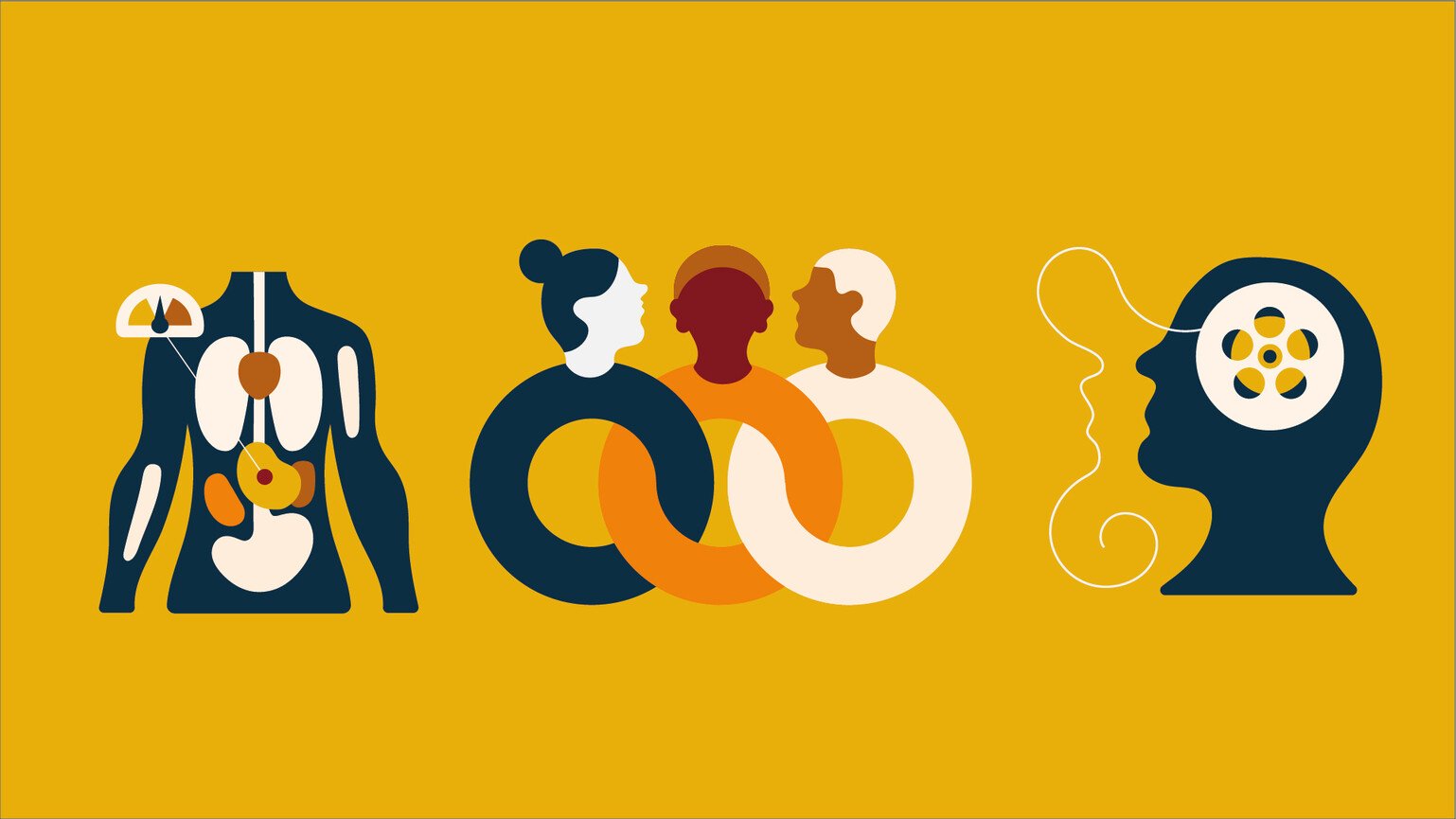
Resource Type
Eligible Applicants
Target Markets
Impact Areas
Resource Amount
Deadline
Status
More Info
The Wellcome Mental Health Award is a funding opportunity aimed at accelerating scalable digital mental health interventions. This call is designed to support the evaluation and further development of software and/or artificial intelligence intended for the treatment of symptoms of anxiety, depression, or psychosis. The focus is on creating or further developing collaborative partnerships between researchers, lived experience experts, and organizations capable of scaling interventions. The funding amount for this award ranges from £3 to £7 million per project, with a funding duration of up to 5 years.
Eligibility
- To be eligible, applicants must form a team with the necessary research expertise, including at least one individual from a company or not-for-profit organization that can take the intervention to scale.
- The team must also include lived experience experts as lead applicants, coapplicants, or team members.
- The lead applicant must have experience in people and research management, as well as the ability to contribute at least 20% of their time to the project.
- Coapplicants must also contribute at least 20% of their time and have a guarantee of workspace from their administering organization.
How to Apply
- Applications must include a lead applicant and coapplicants.
- The team should consist of at least two applicants, including the lead applicant, and typically not exceed eight applicants.
- The application should include a clear justification for the inclusion of each applicant, as well as the necessary expertise and technical skills to deliver the proposed research.
- The application should also outline the collaboration between researchers and the company or not-for-profit organization, demonstrating the potential for scalability and sustainability of the intervention.
How the Application is Assessed
Applications are assessed based on several criteria, including:
- The research expertise required to drive the proposed research.
- The ability to scale and be sustainable.
- A minimum viable product and feasibility data.
- Collaboration between researchers and a company or not-for-profit organization.
- The involvement of lived experience experts.
- The potential for equitable access to the developed assets.
- The overall quality of the research environment, including diversity, inclusivity, and ethical considerations.